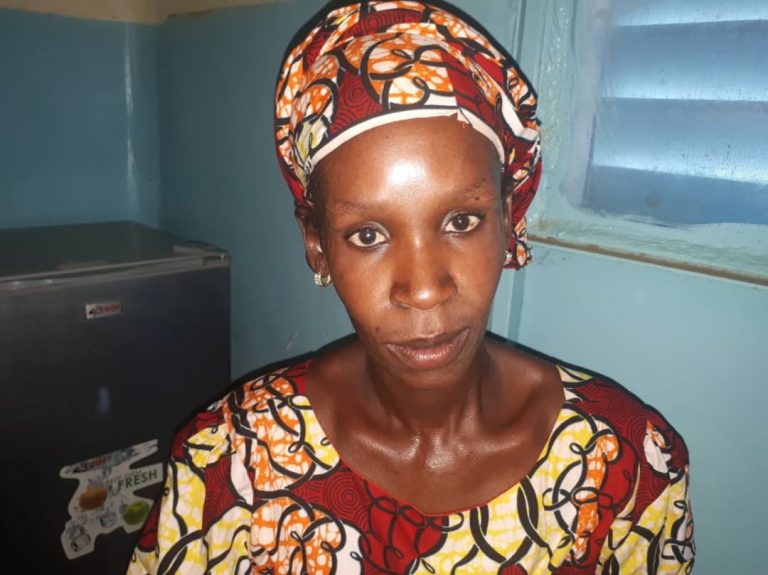Pregnant with her second child, 30-year-old Ndiabou Niang was enduring pelvic pain, but couldn’t afford to access prenatal care in Diabe Salla, a village on the outskirts of the small town of Thilogne in north-east Senegal. Her husband was unemployed and her earnings of under CFAF 10,000 (17 USD) from selling seasonal fruits in the local market were insufficient to make ends meet.
During her last prenatal visit, she was prescribed some tests, an ultrasound and medicines that would cost CFAF 39,000 (USD 67). An astronomical amount for her meagre income. So she didn’t follow through with the treatment, opting to suffer in silence instead.
Many pregnant rural women, living below the poverty line, don’t follow through on their prescriptions and delay their prenatal visits till they are in their third trimester, which puts them at greater risk of pregnancy-related complications.
Senegal has integrated the United Nations’ Sustainable Development Goals (SDGs) into its national policies and plans, but socio-economic, cultural and religious norms and attitudes impede women’s and girls’ access to sexual and reproductive health services and rights, especially in remote and rural areas. The challenges include early marriage, unmet contraceptive needs, early pregnancy, unsafe abortions and female genital mutilation.
The country’s version of Universal Health Coverage is Maladie Universelle (CMU) rests on mutual health organisations (MHOs) that provide health insurance wherein each person contributes a yearly enrolment fee that is matched by the government. The annual member contribution to the mutual health insurance is CFAF 3,500 (USD 6).
People in remote and rural areas choose not to join the mutual health insurance because Health Posts, local facilities that dot the country, have limited drugs and treatment options. Consultations at these posts cost CFAF 1,000 (USD 1.70), but they are not equipped to provide advanced obstetric care – like caesarean sections or blood transfusions. So the distances from local health posts to a district or regional hospital, poor road infrastructure, and cost and shortage of ambulances are some of the other challenges rural women face in accessing healthcare.
Aware of this, Réseau Siggil Jigéen (RSJ), an NGO that aims to promote and protect women’s rights in Senegal, through the IntraHealth International-led Neema project, a consortium of seven health organisations working to extend sexual and reproductive health services to last-mile recipients, began extensive advocacy to mobilise the community and local authorities to promote MHO membership.
After several sustained advocacy meetings, the mayor of Thilogne decided to finance the MHO membership for nearly 300 women and children. Niang, was one of them.
